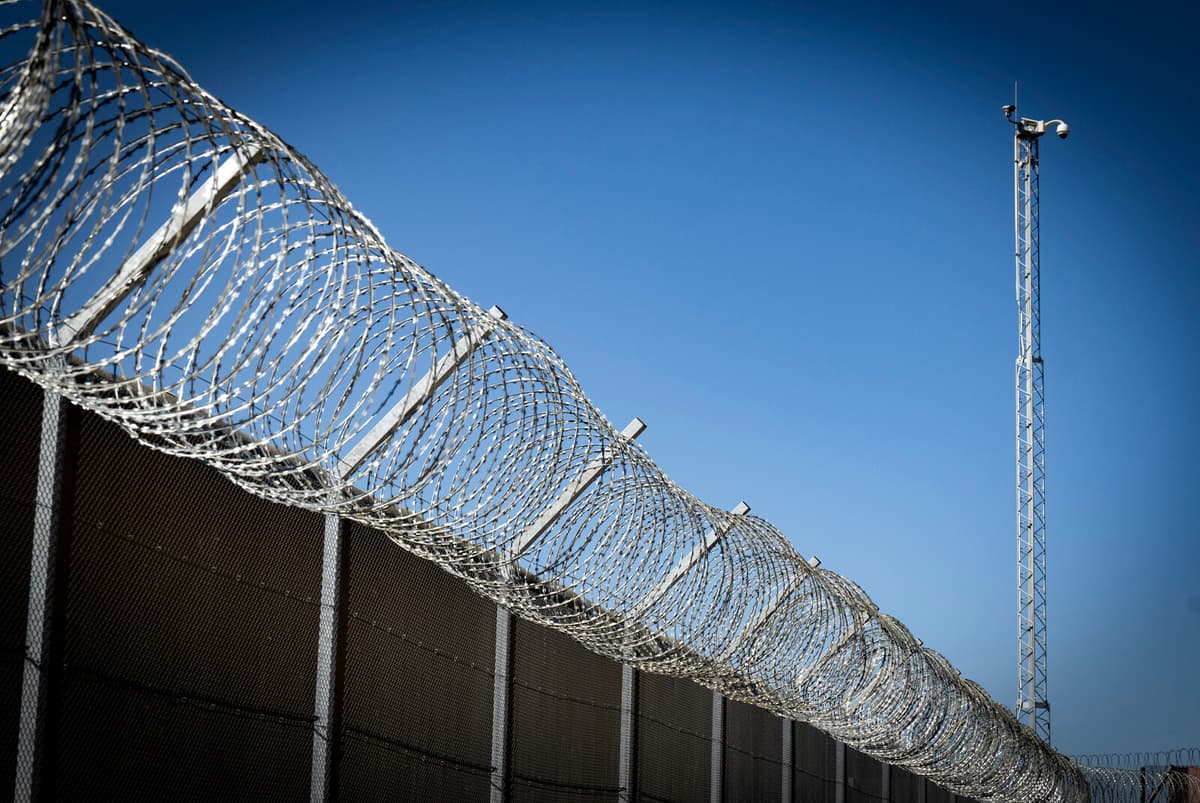More and more young people between 15-17 years old are being prosecuted for serious crimes such as shootings and explosions. But for many, the sentence stops at closed youth care, where the maximum time is four years.
The government and the Sweden Democrats have announced that they want to see harsher punishments for young people, and last summer, investigator Gunnel Lindberg presented a proposal.
She proposes that the current sentence reduction for 15-17-year-olds be significantly reduced (see fact box). This could mean significantly longer sentences for example for murder when youth prisons are introduced.
The sentence reduction for 18-20-year-olds is to be abolished entirely.
"Alternative solution"
The police have no objections to the proposal, according to their response to the government.
But the Prosecution Authority is critical.
Partly, they note that the effect of the proposals will be "markedly harsher reactions" against young offenders.
"If there are sufficient reasons for such a change, it can be discussed," the authority writes.
Partly, they warn that the system may become difficult to apply and question the entire design of how the sentence reduction should work.
"The Prosecution Authority recommends considering an alternative legislative solution," it states in the response.
Several heavy-weight authorities entirely reject the proposal for reduced sentence reduction for 15-17-year-olds, including the Crime Prevention Council, the National Board of Health and Welfare, and the Children's Ombudsman.
The Crime Prevention Council believes that harsher punishments for young people can do more harm than good in preventing young people from committing more crimes in the future.
"A severe sentence can have a stigmatizing effect, reinforce exclusion, and confirm a criminal identity," writes the National Board of Health and Welfare.
Demanding a comprehensive approach
A recurring criticism is that the issue of young people and harsher punishments is being addressed in several different investigations, making it difficult to oversee the consequences in the end.
The Prosecution Authority emphasizes that a comprehensive approach is needed.
"It will require careful consideration during the further processing to achieve a well-thought-out order for young lawbreakers," they write.
The investigator's proposal also receives some support. The Crime Victim Support, the Göta Court of Appeal, and the Västerbotten County Administrative Board are among those who express themselves more positively.
The idea is that the law changes should come into effect in the summer of 2026. In January, the investigator will present their final report, which will also include the issue of lowering the age of criminal responsibility from the current 15 years.
The government's investigator proposes a reduced sentence reduction for 15-17-year-olds.
This could mean significantly longer sentences.
According to the proposal, the sentence reduction for a 15-year-old would be reduced from 80 percent to approximately 60 percent. For a 16-year-old, the current rebate of 65-75 percent would be reduced to approximately 40 percent. For a 17-year-old, the rebate would decrease from 55-65 percent to 20 percent.
If a court sentences a 17-year-old to 14 years in prison for murder, the sentence could become around 11 years with a 20 percent reduction.
The investigator also proposes that the sentence reduction for 18-20-year-olds be abolished entirely.
The rebate for serious crime in this age group was abolished in 2022. Abolishing the rebate entirely for persons under 21 years old is a point in the Tidö Agreement between the government and the Sweden Democrats.






